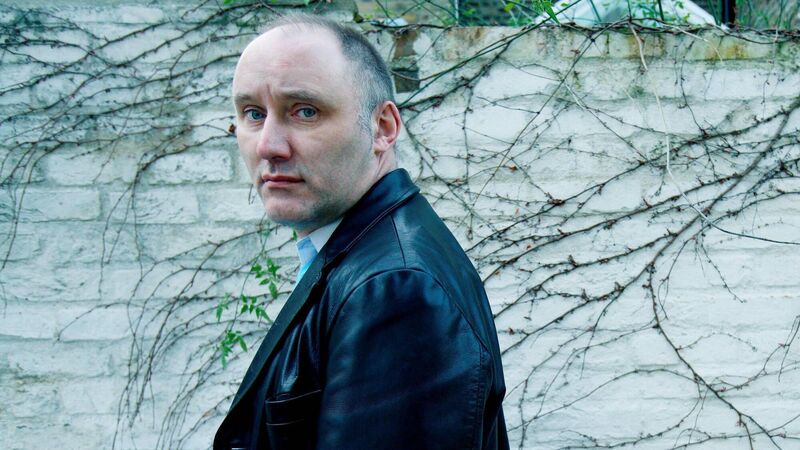Jah Wobble: Post-punk pioneer talks PiL, and his roots in West Cork

Jah Wobble plays four dates in Ireland from Februrary 8. (Photo by Kevin Cummins/Getty Images)
It's a chilly but bright January day in West London where Jah Wobble has arranged for us to meet at Chelsea Arts Club in advance of his Irish tour. The former Public Image Ltd bassist signs me in as it's private members only but the atmosphere inside is relaxed. Phones are prohibited which allows a different energy.
Sitting in the corner of the club's restaurant under a black flat cap, Wobble, a passionate Spurs fan, is discussing current gaffer and ex-Celtic boss Ange Postecoglou. "He's got that Aussie can-do attitude, I'm just glad we didn't get our arses tanned as we usually do," he says in reference to a recent 2-2 draw with Manchester United.




